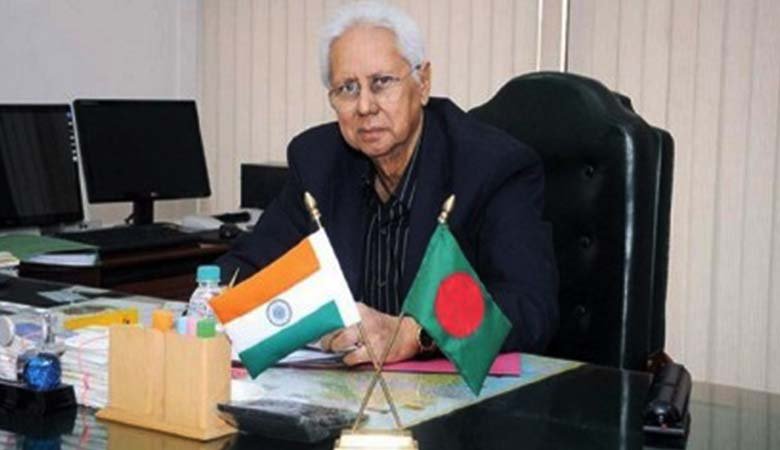‘Bangladeshis would rather swim to Italy than come to India’
Says outgoing BD envoy Syed Muazzem Ali in Delhi

Bangladeshis would rather swim across the Mediterranean Sea to go to Italy than come to India. Outgoing Bangladesh High Commissioner to India Syed Muazzem Ali came up with the observation in a farewell speech delivered at New Delhi’s Press Club of India on Tuesday, report The Hindu and Telegraph.
He said, “There has been so much criticism of Bangladesh in Northeast India because of alleged illegal immigration from our side. It is just a political propaganda which Indian politicians are using for their own purposes.” “But let me tell you that a person of my country would rather swim in the ocean and reach Italy instead of coming to India. A citizen of Bangladesh would like to go to a place where he can earn more, but as you know the per capita income in India is not that high,” The Hindu quoted him as saying, “I got three people from Bangladesh to work here but not one stayed for more than six months.”
His statement comes as India’s political discourse finds itself increasingly polarised by the BJP’s bid to eject illegal Bangladeshi immigrants from the country. Assam’s National Register of Citizens (NRC) is an exercise in this direction, and seeks to expel immigrants who came to India after 1971. Home Minister Amit Shah, who has referred to illegal immigrants as ‘termites’ more than once, said in Parliament Wednesday that there will be an NRC for the entire country.
Economically, Bangladesh is reportedly pegged on stronger footing than India. The Asian Development Bank (ADB), in its October 2019 report, revised Bangladesh’s GDP growth for 2019 from 8 per cent to 8.1 per cent. The forecast for India, meanwhile, was revised from 7.2 to 6.5 per cent.
He was responding to questions on the debate in India on illegal migrants from Bangladesh during an interaction with reporters. Ali’s contention was that India has not much of a pull factor for Bangladeshis, unlike what is often projected by its politicians, particularly since the difference in the per capita incomes in the two countries is narrowing at a trot.
Teesta issue
While saying the spirit of 1971 has been restored to a great extent in the bilateral relationship, Ali identified the hurdles to the sharing of common resources as the biggest challenge facing the two countries. Flagging the Teesta dispute, he said there would be a dramatic change in Bangladesh’s relations with India once the water-sharing agreement was signed.
Ali, who was one of the 14 diplomatic and non-diplomatic staff members at Pakistan’s embassy in Washington who pledged allegiance to Bangladesh in 1970-71, will wrap up his five-year stint as high commissioner in New Delhi next month.



